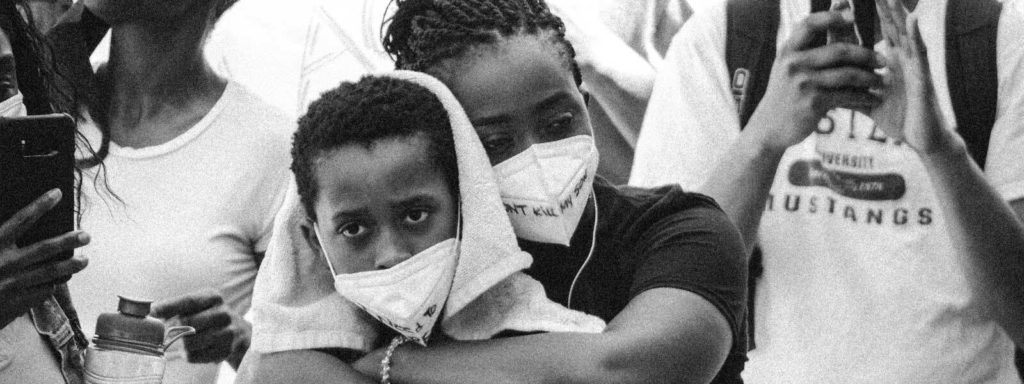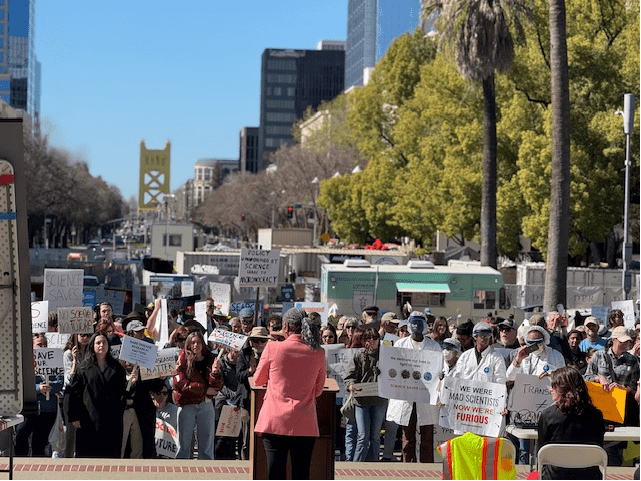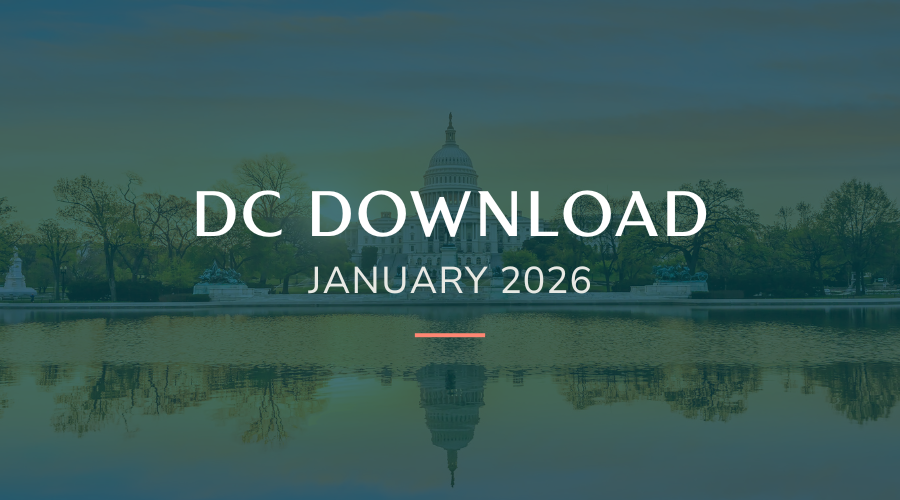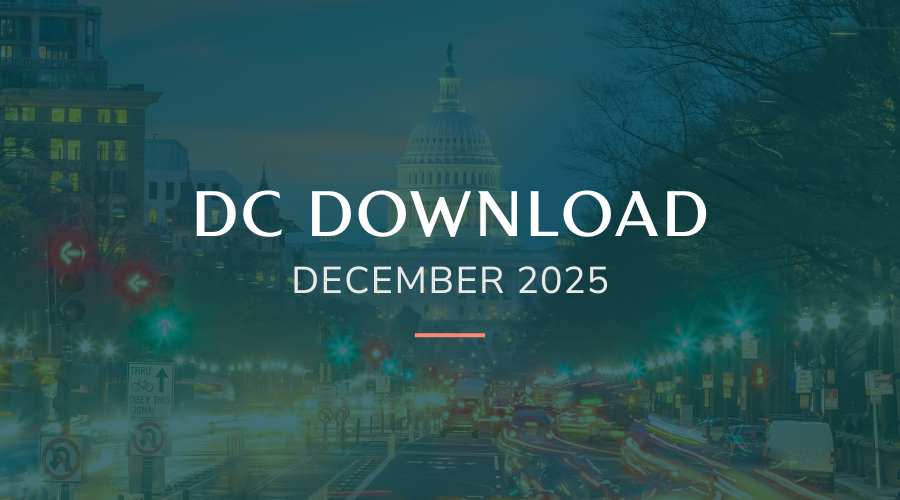Sad. Exhausted. Shaken. These are a few of the words I heard from colleagues and staff last week in the wake of the grand jury decision on the Breonna Taylor case in Kentucky. For many people in this country, especially Black, Native, and other women of color, the emotional toll of everything from the pandemic, to the fires, to the hurricanes, to our collective racial reckoning is weighing incredibly heavy on their hearts. There is a collective feeling right now of grief, exhaustion, stress, and a slew of other heavy emotions as we continue to try to care for our staffs, our volunteers, our communities, and yes, ourselves.
I know that some people really just needed time to reflect on the grand jury decision, and steel themselves for the next battle. Others are on the front lines of protests and in the streets as I write, speaking her name and ensuring that justice comes for Breonna and so many like her in the future. It should be self-evident at this point for all of us, as civil society leaders, that the nation is undergoing a profound and perhaps once in a lifetime moment. We are confronting existential questions about our nation’s history, ideologies, and cultural norms; local, state, and national public policies; and very design of our economic institutions.
This massive and ubiquitous civic action is in response to the painful national self-awareness of our racialized caste system, to cite Isabel Wilkerson’s powerful insights, that is catalyzing an upswell of collective demand that we individually and collectively reconstruct our nation to make amends for our nation’s genocide of Native people and institutionalized racism against our fellow Black citizens.
In addition, this massive and ubiquitous civic action that demands reconstruction of our nation also is grounded in hope, a hope that by confronting the unjust underpinnings that built our nation’s power and wealth, we will collectively step into the hard work of making amends and structurally redesigning every system in our nation that serves to perpetuate our racialized caste system.
The Kentucky grand jury decision can be seen as a clarion call to civil society leaders, formal and informal, that our work is clear: we must advocate for change while remaining peacefully but powerfully vigilant in our demands, and we must be deeply strategic in building our collective voice and deploying that voice in ways that build momentum for change at every level: ideologically, culturally, economically, and through public policy change.
But I did find myself asking: how do some people continue to find hope in all this?
Our partners at The Fetzer Institute shed some light on what truly motivates us to keep fighting for justice and better days for our communities: spirituality. For some of us, like myself, it’s a faith tradition. For others, it is a collective sense of our shared humanity and reflective of mindfulness practice. The Fetzer Institute’s recent insightful and rigorous research report, What Does Spirituality Mean to Us, found that people who feel some connection to either a higher power or to humanity at large are more likely to take community, civic, and political action. It was incredibly validating to read this report and so encouraging as we enter a chaotic time for this country. We are sinking into the most painful election cycle of my lifetime, with massive social unrest, all amidst a pandemic that continues to ravage our nation, particularly poor Native and Black communities and communities of color. This report bolsters my hope that the 12 million professional staff and 77 million volunteers who make up our amazing nonprofit sector will be grounded in reflective practice as we chart a path forward to a hopefully stronger, more loving, and equitable nation.
Simply pausing and breathing might be all you need, while for others, it is time with your faith communities. Whatever it is, whatever gives you peace, we encourage you to seek it out right now in a way that is just as important as all your strategies and work plans. For leaders, I want to also encourage that you give the people in your care – staff, volunteers, and community members – the space for this practice in their daily lives. Encourage mindfulness and reflective practices in the workplace, share resources that might help people find their right path, and encourage your staff to take advantage of mental health services that you might offer as part of your benefits package.
There is so much we can do, even at times where we feel weighed down by the moment. There is always hope.



